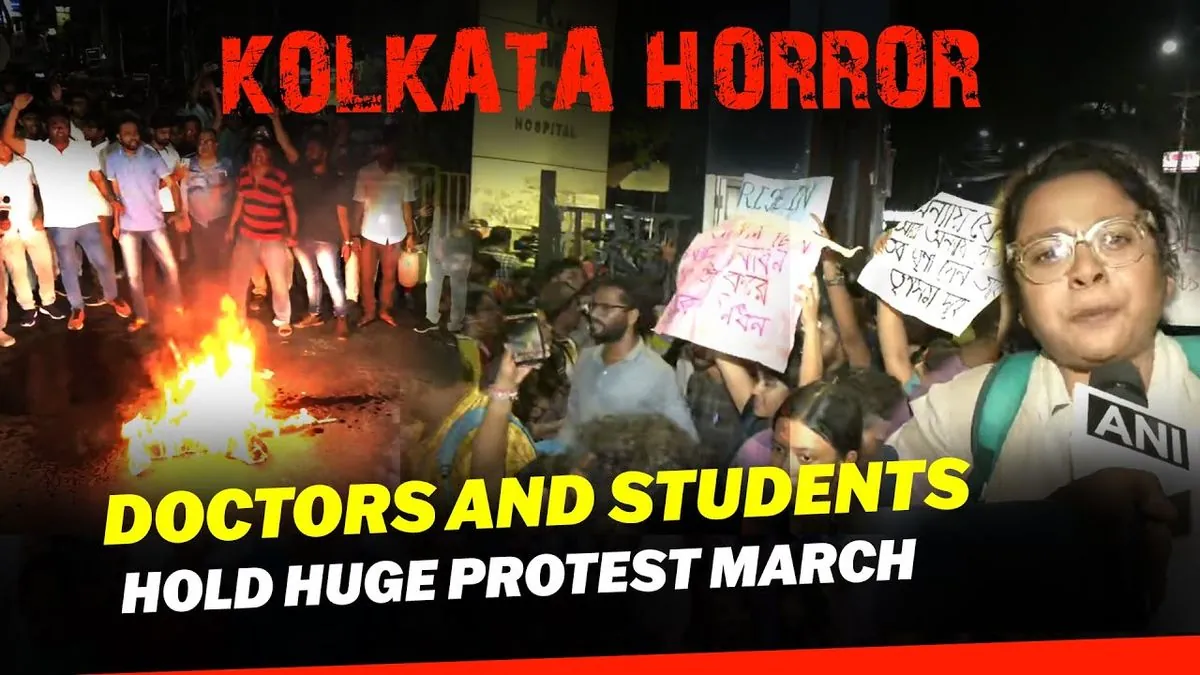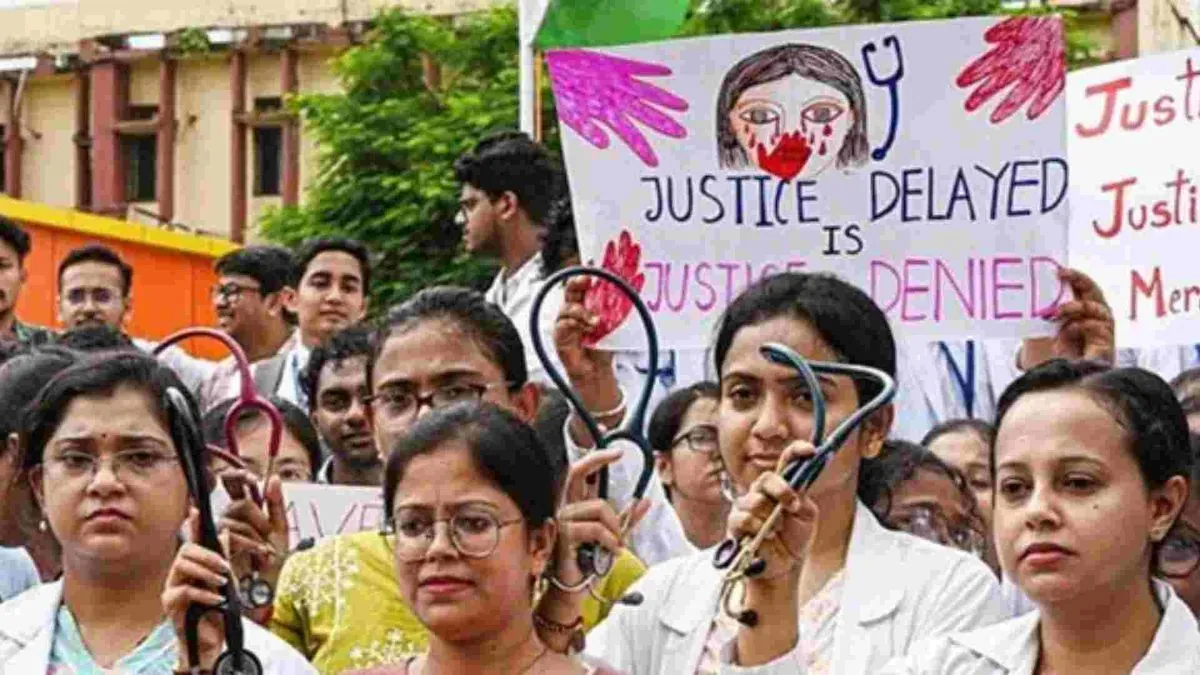Trainee Doctor's Murder Ignites Nationwide Protests in India
A trainee doctor's rape and murder in Kolkata has sparked widespread protests across India. Medical professionals demand safer working conditions as the incident reignites debates on women's safety and legal reforms.

In a tragic incident that has shaken India, a 31-year-old trainee doctor was found raped and murdered on August 9, 2024, in Kolkata, the capital of West Bengal. This event has triggered a wave of protests across the country, highlighting the ongoing struggle for women's safety and better working conditions for medical professionals.
The incident occurred at the R.G. Kar Medical College and Hospital, one of Kolkata's oldest medical institutions, established in 1886. Following the discovery of the crime, authorities arrested a police volunteer in connection with the case. However, protesters claim that multiple individuals were involved, demanding a more thorough investigation.

In response to the tragedy, medical services in several Indian cities have been suspended, except for emergency departments. Healthcare workers are demanding justice and improved safety measures in their workplaces. The situation escalated on August 14, when a group of individuals attacked the R.G. Kar Medical College campus, damaging vehicles and patient wards.
The incident has brought attention to the alarming increase in reported rape cases in India. According to the National Crime Records Bureau, 31,516 rape cases were recorded in 2022, marking a 20% rise from the previous year. However, experts suggest that many cases go unreported due to social stigma and lack of faith in law enforcement.
On India's 78th Independence Day, Prime Minister Narendra Modi addressed the nation, condemning violence against women:
"There is outrage against this in the country. I can feel this outrage."
The case has also drawn political attention, with Rahul Gandhi, leader of the opposition Indian National Congress party, criticizing some state government officials for allegedly protecting suspects rather than ensuring justice.
This tragic event echoes the infamous 2012 Delhi gang rape case, which led to significant legal reforms. In 2013, India amended its rape laws, criminalizing stalking and voyeurism, and lowering the age at which a person can be tried as an adult from 18 to 16. The government also established fast-track courts dedicated to rape cases.
Despite these measures, women's rights activists argue that more needs to be done to protect women and punish attackers effectively. India's low police-to-population ratio, one of the lowest among major nations, further complicates law enforcement efforts.
As protests continue and the investigation unfolds, the incident serves as a stark reminder of the ongoing challenges in ensuring women's safety in India. It also underscores the need for improved working conditions for medical professionals who play a crucial role in the country's healthcare system.


































